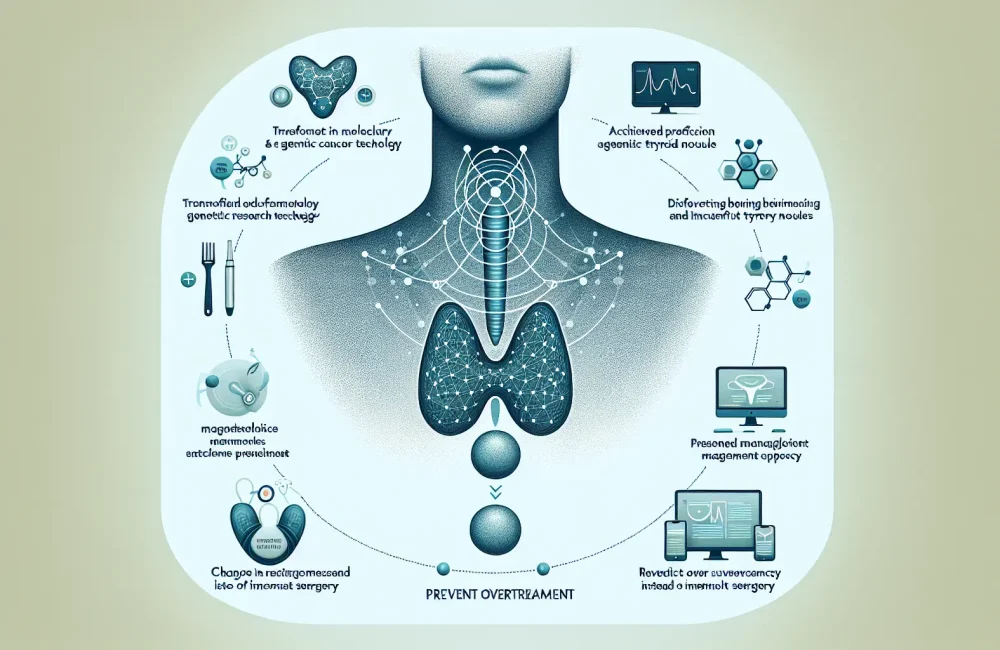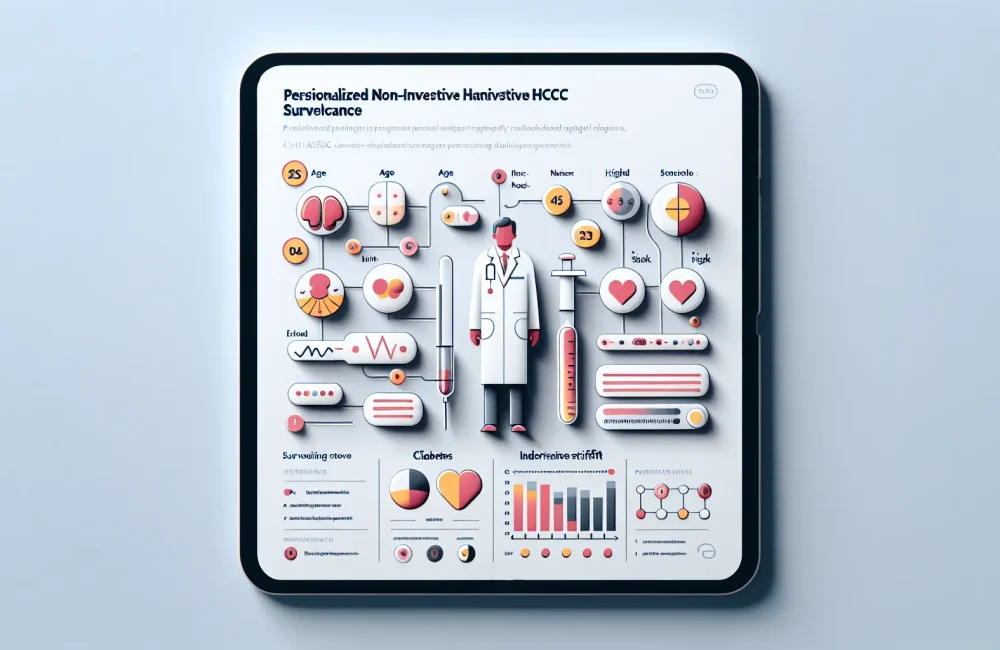By CAFMI AI From New England Journal of Medicine
Advancements in Nonoperative Treatment for dMMR Tumors
The management of deficient mismatch repair (dMMR) tumors is undergoing a significant transformation, particularly with the advent of immunotherapy. dMMR tumors possess defects in the DNA mismatch repair system, which makes them responsive to immune checkpoint inhibitors. Recent clinical evidence has demonstrated that these tumors can be effectively treated with immunotherapeutic agents, sometimes circumventing the need for traditional surgical approaches. This shift has opened up new avenues for patient-centered care, prioritizing treatments that not only target the cancer effectively but also enhance patients’ quality of life by avoiding the physical and emotional burdens associated with surgery.
Clinical trials have played a pivotal role in validating the safety and efficacy of immunotherapy in dMMR tumors. These studies show durable tumor responses and remission in many patients, underscoring the potential of immunotherapy as a frontline treatment option. For clinicians, these findings present an opportunity to reconsider the conventional treatment paradigms and tailor therapies to individual patient profiles, especially in cases where surgery may pose substantial risks or impair quality of life. The discussion includes detailed analyses of trial designs, patient selection criteria, and response metrics, providing a robust evidence base to support nonoperative management in select patient populations.
Clinical Implications and Patient-Centered Decision Making
Central to the new paradigm of managing dMMR tumors is the principle of personalized medicine. Molecular tumor profiling is now an essential component in guiding treatment decisions. By understanding the genetic and molecular landscape of a tumor, clinicians can better predict which patients will respond favorably to immunotherapy. Alongside molecular diagnostics, patient preferences and expectations play a crucial role in shaping the treatment plan. This holistic approach fosters shared decision-making, respects patient autonomy, and aligns therapeutic strategies with individual goals and values.
From a clinical perspective, this approach necessitates the integration of multidisciplinary teams, including oncologists, pathologists, radiologists, and primary care providers. The coordination among these specialists is vital to optimizing patient outcomes, ensuring rigorous monitoring, and adapting treatments based on response and tolerability. The nonoperative strategy also requires careful surveillance protocols to detect any signs of tumor progression or resistance early. This includes regular imaging, biomarker assessments, and clinical evaluations. Understanding the nuances of resistance mechanisms is an ongoing area of research that could further refine treatment algorithms and identify candidates who might benefit from combined or sequential therapies.
Challenges, Research Directions, and Primary Care Integration
Despite the promising advancements in nonoperative management of dMMR tumors, several challenges remain. One of the primary considerations is the long-term monitoring of patients who forgo surgery. Immunotherapy resistance, although less common in dMMR cancers, can develop and necessitates vigilant follow-up to catch early signs of progression. Additionally, establishing standardized protocols for surveillance and defining clear criteria for when to transition back to surgical or other interventions requires further study and consensus.
Current guidelines are evolving to incorporate these new treatment paradigms, but variability in practice exists. Clinicians must weigh the benefits of immunotherapy against potential risks and consider factors such as tumor location, staging, and patient comorbidities. Counseling patients thoroughly about the risks, benefits, potential side effects, and the need for adherence to follow-up protocols is essential. Education around recognizing red flags and understanding when to seek urgent care is also crucial to prevent adverse outcomes.
From a primary care standpoint, incorporating this patient-centered, molecularly guided approach involves increased awareness of the importance of tumor profiling and collaboration with oncology specialists. Primary care providers play a key role in ongoing monitoring, managing comorbid conditions, and supporting patients through treatment and follow-up. The evolving treatment landscape calls for updated workflows and communication channels in primary care settings to best support patients with dMMR tumors, ensuring continuity of care and timely intervention if treatment strategies need adjustment.
Read The Original Publication Here






